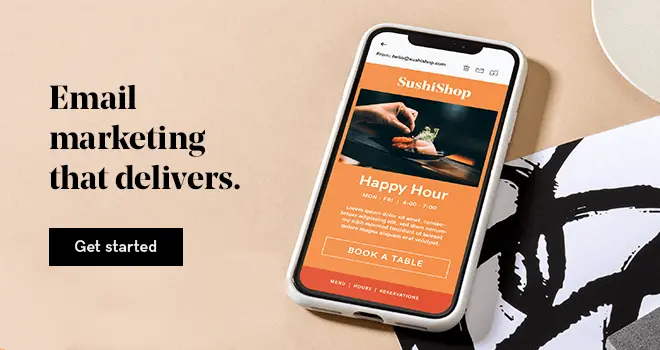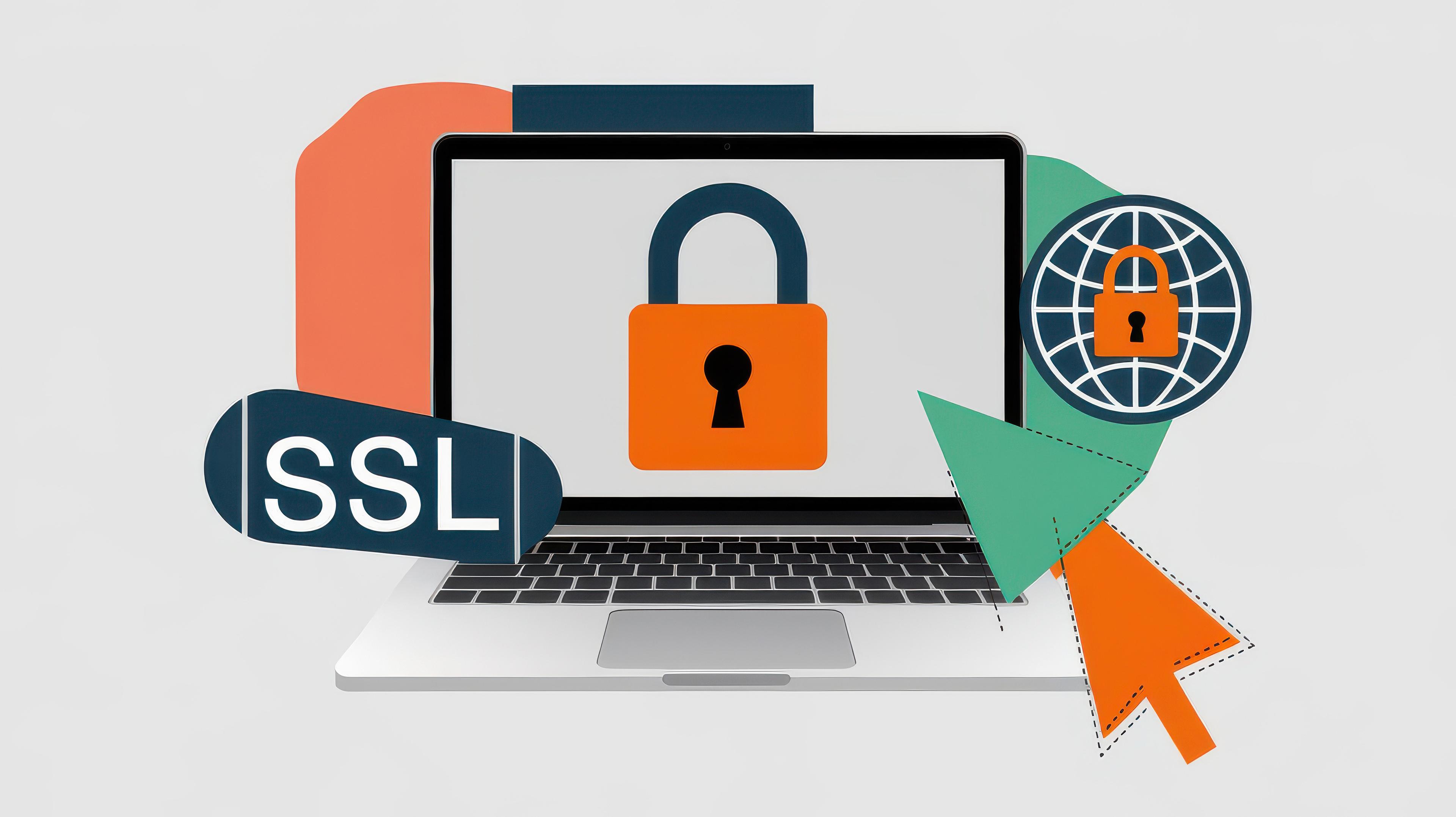There’s this woman — you see her online, you see her at networking events. She is very successful and seems to have an endless supply of new clients, making sale after sale with ease. In fact, it doesn’t seem like she even has to try to find new clients. From what you can tell, they are seeking her out. And you wonder, “How does she do it? How can I do that?” .The secret is two words: customer persona.
If you speak with any successful business and ask them their secret, they will all tell you the same thing: know your ideal customer persona.
Casting a wide net and marketing to everyone, in hopes that someone resonates with your marketing message and contacts you for work, is difficult, exhausting and ineffective. It inevitably means you will be facing rough waters ahead.
Defining your ideal customer persona on the other hand, allows you to to create more effective, efficient marketing messages, so you generate high quality, perfect fit leads easier and faster. It clears the waters for smooth sailing ahead.
Unlike general marketing messages aimed at appealing to everyone, highly-targeted marketing messages position you as the only choice and not just another choice.
A clear customer persona paves the way for increased referrals.
- When you are clear about exactly who your ideal customer is, it is easier for you to communicate that to others.
- When others are clear about who your ideal customer is, it is easier for them to identify a prospect or lead as a great fit for you and refer them your way.
Sound good?
What is an ideal customer persona?
An ideal customer persona is a fictional, general snapshot of your ideal client that helps personalize your marketing and sales efforts. It is a description of the client you want to do business with, of who you want to attract.
When defining your ideal customer and creating your customer persona, you want as much detail as possible. Look at characteristics like:
- Type of career or business
- Education, expertise, or experience level
- Values
- Desires and dreams
- Goals
- Frustrations
- Beliefs
- Income and success level
- Demographics
- Clubs, organizations, groups
- Home/Family life
- Mindset
- Influencers and information hubs
- Media preferences
- What’s in their purse/what they carry with them
- Priorities
- Restaurants they like
- Work ethic
- Cars they drive
- Hobbies and interests
- Past experience
- Secrets hopes and dreams
- Personality traits
Don’t skip this step! The more specific your ideal customer persona is, the more specific you can be with your marketing messages. The more you know about your ideal client, the more variety in message you will have available to use in your marketing.
Is defining an ideal customer persona limiting my potential client base?
I know some people get stressed out about the idea of narrowing their focus down to one ideal client. They think, “If I focus on this one particular niche or I focus everything on this one particular client, I’m limiting my opportunity to work with other people. What if this alienates potential clients and I miss out?” But this thinking stems from a false belief that narrowing your focus means that you’re limiting yourself.
Defining an ideal client doesn’t mean that’s ONLY who you work with, it’s just the perfect subset of who you serve.
Think of the customer attraction process as a target or bullseye:
- Your ideal customers represent the center circle of the target.
- Customers who are close to your customer persona but not an exact match make up the next larger ring.
- Customers who are a little less of a fit, but still shares commonalities with your ideal customer persona make up the next larger ring.
- This continues to the outer ring of the target.
Now, imagine throwing a dart at the target. Yes, you earn the most points when you hit the center circle, but you also earn points when you hit any of the outer rings.

Attracting new customers works the same way. Your best leads and customers are going to be a near-perfect match to your ideal customer persona. You are also going have a bevy of other leads and customers that are still awesome clients, they just match up with only parts of your customer persona.
Narrowing your focus to an ideal client isn’t about alienating people and not working them. It isn’t about cutting people out. It’s about tailoring your message to the right person.
Tips to identify your ideal client
An ideal customer persona makes marketing easier, more cost-effective, and more efficient. The key is understanding their biggest problems, challenges and needs, and knowing which solutions you offer to help them solve their problems, overcome their challenges, and met their needs.
Your ideal client is probably a lot like you. If you’re having trouble profiling your ideal client, try looking inward. Your expertise is based on your own experiences and journey. Those you can help the best are the people who are at the start of the same journey, experiencing similar things, and hoping to achieve the same results you have.
Don’t sit around and wait for your ideal clients to find you. Just because you open your doors for business, launch a website, or print a business card, doesn’t mean that you will have any clients. No one can hire you, buy from you, or pay you in any way if they don’t know that you exist.
It is your job as a business owner to find your market, customers and clients, and let them know that you are ready and available to help.
Know who you don’t want to work with. Look at your least favorite clients and customers from the past year and identify the common traits between them. Did they all say the same thing? think the same way? have the same skill level? work in the same industry, etc.? Put together a Red Flag Persona, the opposite of an ideal client profile, to help you identify the red flags of your less-than-ideal clients during the sales process. If one of your red flags show up in the sales conversation, dig a little deeper to uncover their story in that area before graciously ending the conversation and referring them elsewhere.
Craft your offers to deliver the right solutions for your ideal clients. Once you know who your ideal client is and you know their biggest problems, challenges and needs, you also know what types of solutions they will be looking for. Craft your services, packages, programs and products to deliver the same solutions. Use their language in your marketing to help them feel comfortable and resonate better with your message.
Understand what ideal clients need to know to make a buying decisions. When researching your ideal client, find out what is most important to them when making the decision to buy. Do they need it fast, easy, cheap, in-depth, flexible, available at odd hours? Do they need to see examples, read testimonials, see videos? By knowing what is most important to them in the decision-making process, you can be sure to include those elements on your website, in your irresistible opt-in offer, on your sales page, and in your sales conversations.
Get ideal customers to seek you out
Everyone wants more high-paying customers who value what you do and are ready and willing to pay you what you are worth. Taking the time to clearly define a detailed, specific ideal customer persona will help do just that.
Once you know your customer persona inside and out, all of your marketing efforts — sales pages, landing pages, social media posts, email newsletters, blog posts, videos, any other marketing content and materials you create — will be written as if you were speaking directly to them in person.
When you successfully make your ideal clients feel like you’re talking right to them, you “get” them, and your product/service was created just for them, you quickly become the only choice instead of just another choice, which means new clients will start chasing you instead of you chasing them. And before you know it, you’ll have a pipeline packed with even more amazing new clients than Susan does.







